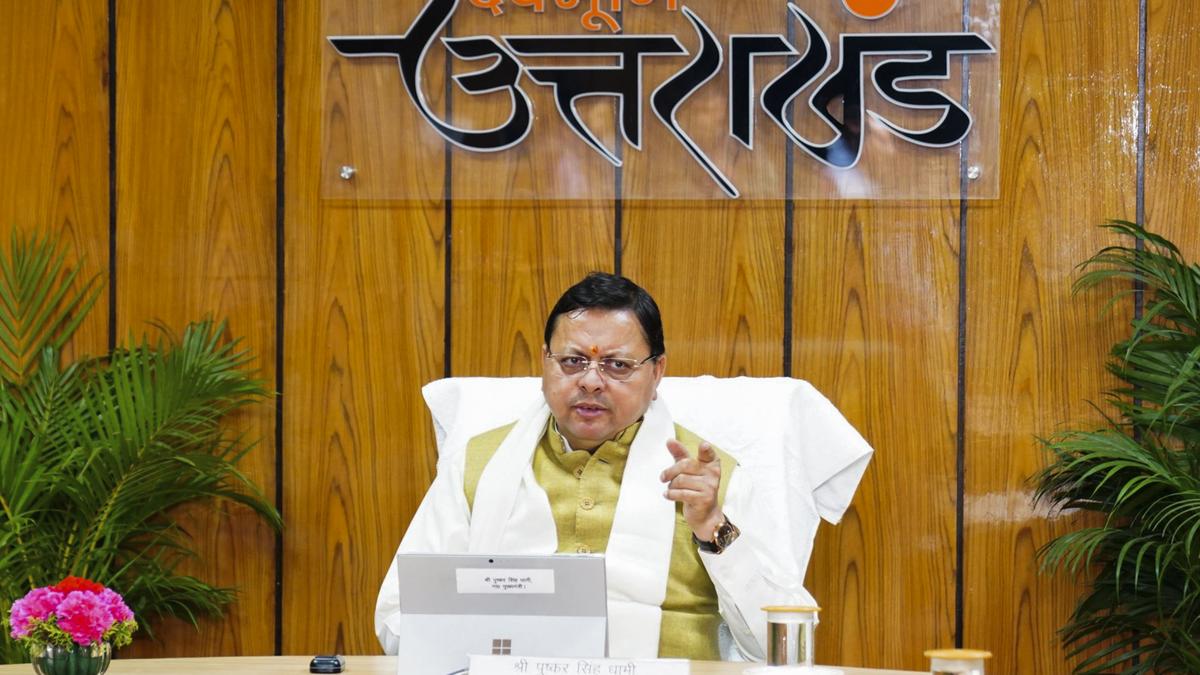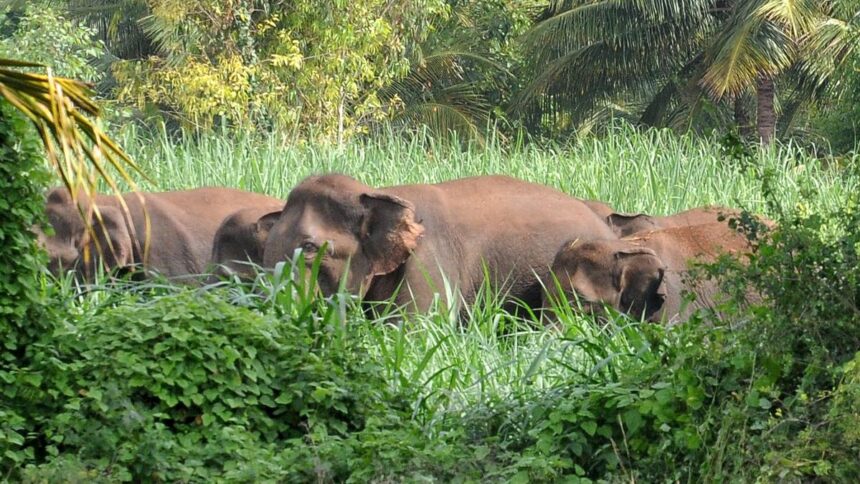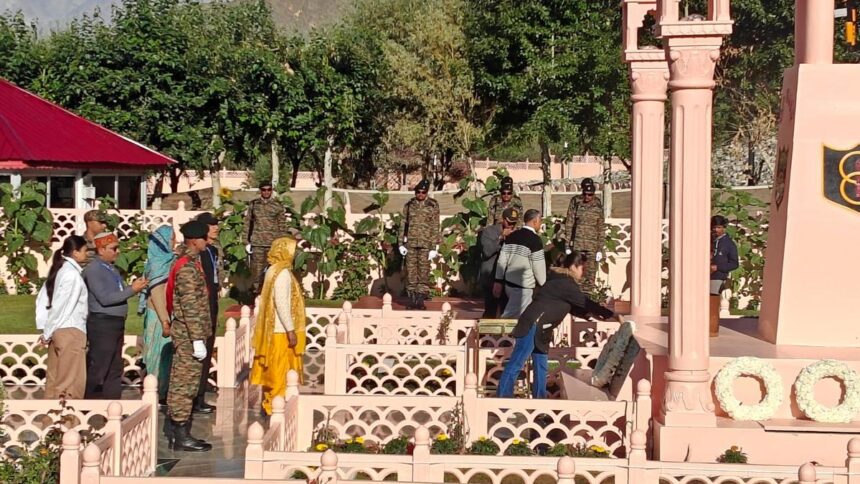
Uttarakhand Chief Minister Pushkar Singh Dhami during a Cabinet meeting.
| Photo Credit: PTI
With the aim to render the State’s existing anti-conversion law more stringent, the Uttarakhand Cabinet on Wednesday (August 13, 2025) approved the Freedom of Religion (Amendment) Bill, 2025, which allows jail sentences ranging from three years to a life term for persons found guilty of “forced conversions”. Previously, the maximum jail term for a “forced conversion” was 10 years.
The Bill will be tabled in the monsoon session of the State Assembly, scheduled to commence from August 19.

The Freedom of Religion Act in Uttarakhand was introduced in 2018 with the aim of reinforcing the importance of each religion equally under the right to freedom of religion in Articles 25, 26, 27 and 28 of the Constitution of India. The Act was first amended in 2022.
Attempts to convert a person into another religion with the lure of jobs, money, or other “gifts” would be considered a forced conversion, officials involved in the framing of the Bill said.
“Promises of a better life, or free education in a school or college maintained by a religious institution prior to religious conversion will attract a punishment of three to 10 years. Mass conversions, and conversion activity with foreign funding will attract punishment from seven to 14 years. Persons found guilty of the forcible conversion of a woman, child, an individual belonging to a SC (Scheduled Caste)/ ST (Schedule Tribe) community, or a person with disability can get a jail term of five to 14 years,” an official said.
The Bill defines “allurement” as “any gift, gratification, easy money or material benefit, whether in cash or kind, employment, or by invoking divine displeasure”.
“Portraying the practices, rituals and ceremonies of any religion or any integral part thereof in a prejudicial manner in relation to any other religion; or glorifying one religion as against another will also be considered allurement,” the official said.
Human trafficking, and threat to life attract jail terms from 20 years to life under the 2025 Bill.
The accused can be booked for “false promises of marriage”. Hiding one’s religion with the intention of marriage could attract imprisonment from three to 10 years, and a fine of ₹3 lakh.
“Speaking ill of one religion and praising another, and propaganda on social or digital media would also be considered participation in religious conversion,” the official said.

The amended Bill authorises District Magistrates to confiscate properties “acquired from a crime related to religious conversion”. Claims to legitimate ownership would have to be proved, the official said.
The amended Bill includes provisions for free legal aid, accommodation, maintenance, medical, and other facilities for the victims of forcible conversions, whose names and identities would be kept confidential. A special government scheme would ensure victims receive help immediately.
Accused persons may be arrested without a warrant, according to the 2025 Bill, and bail granted only if the court were convinced that the accused was not guilty, and would not commit such crime again.
Published – August 14, 2025 09:16 pm IST





















